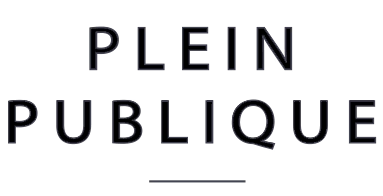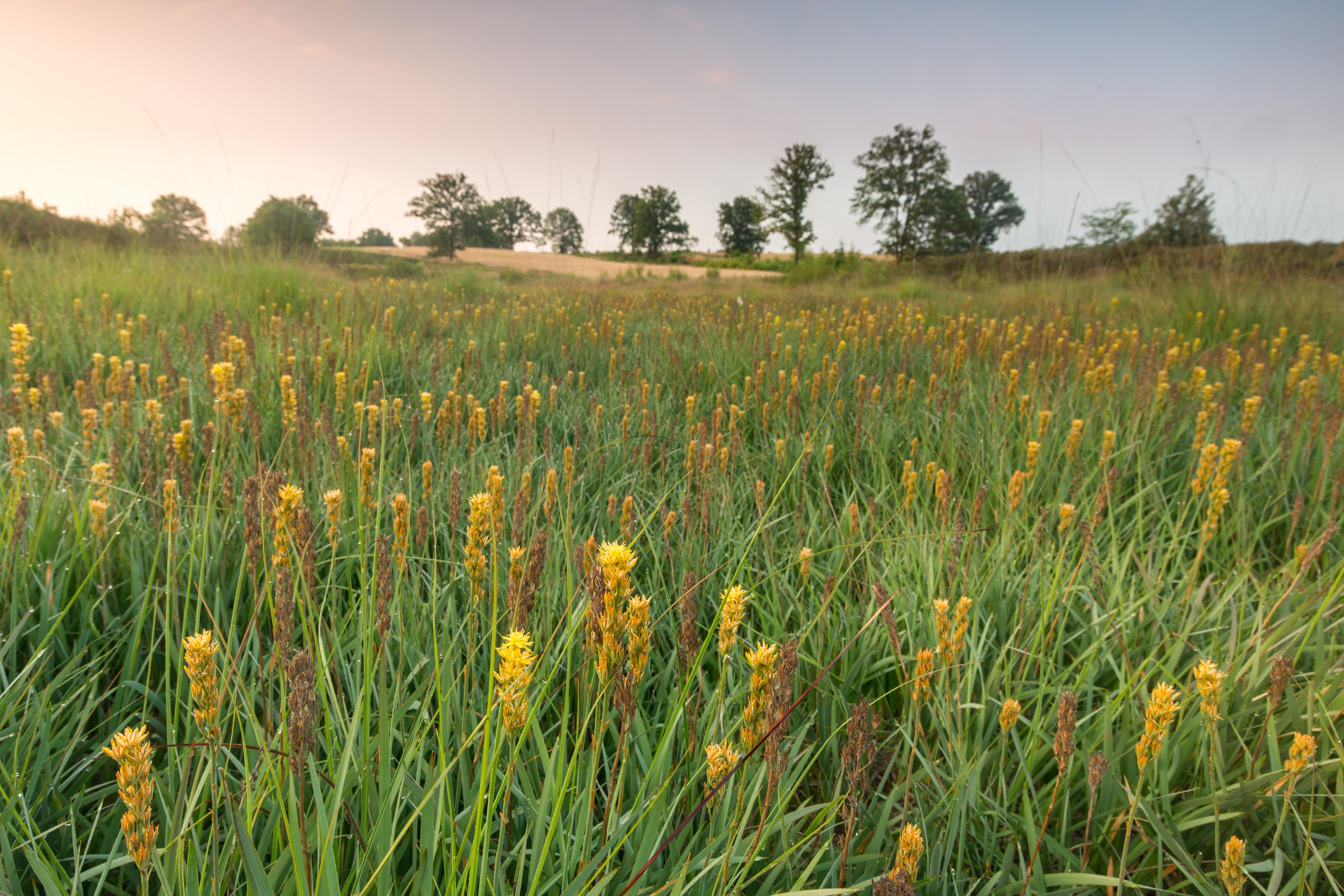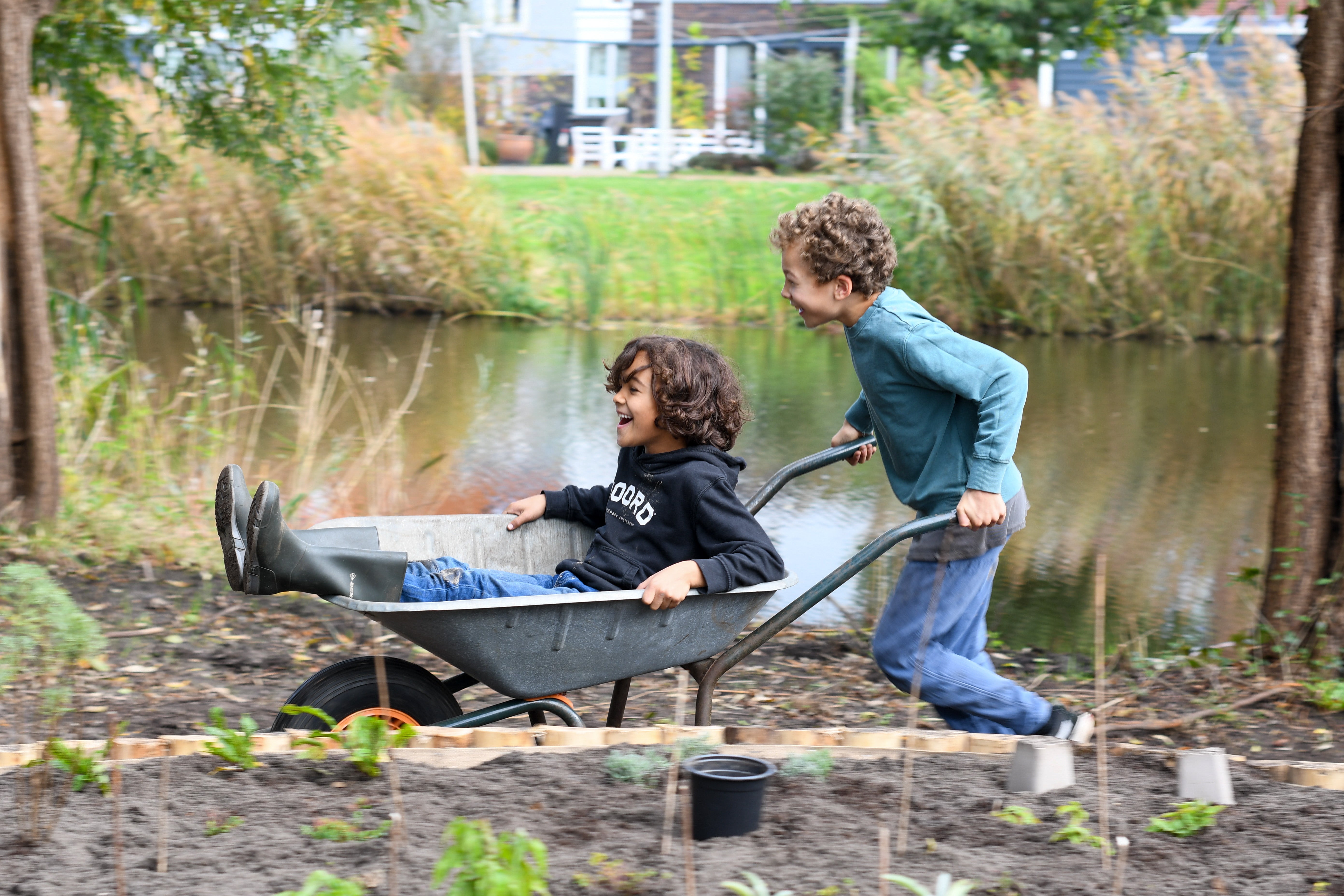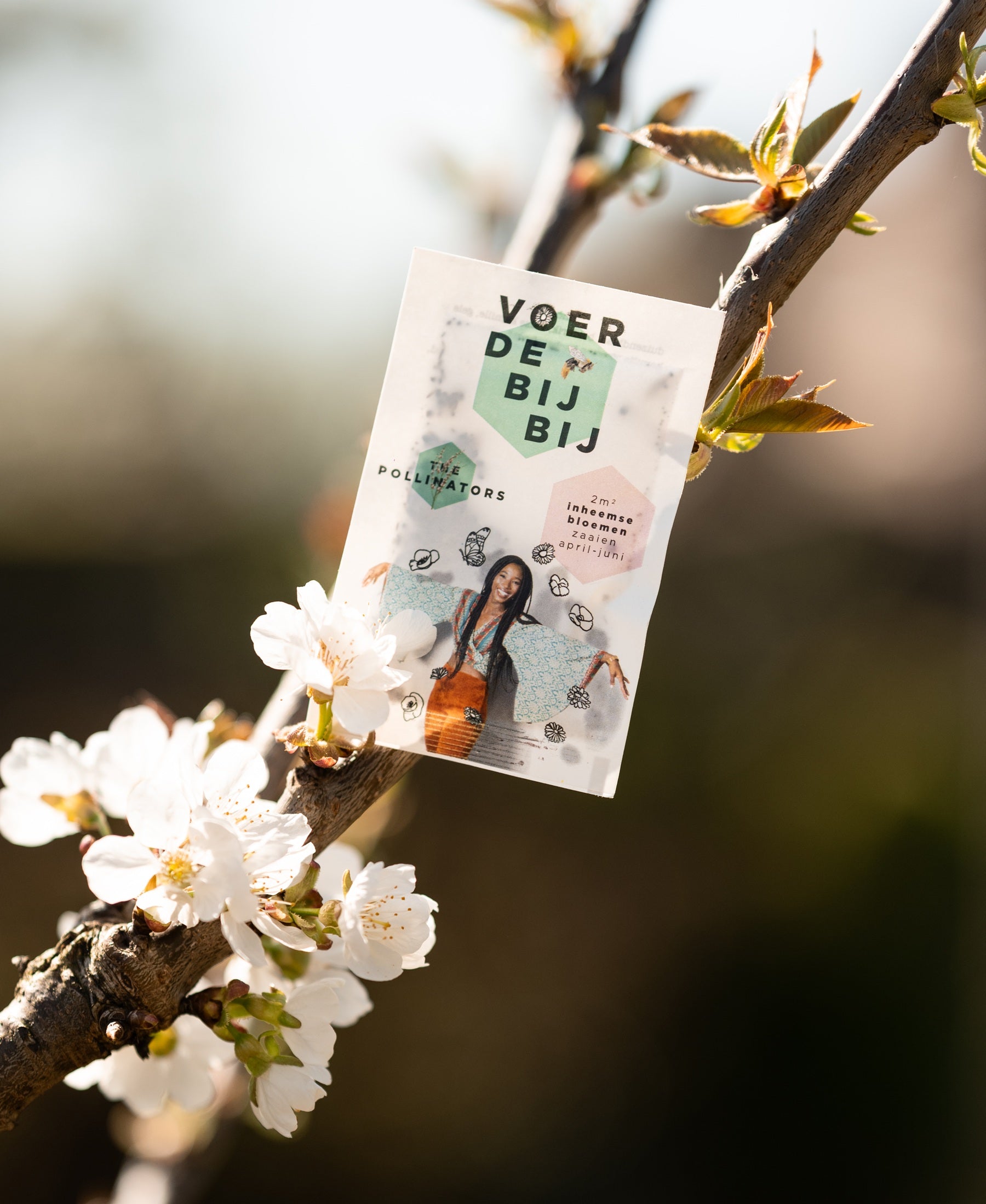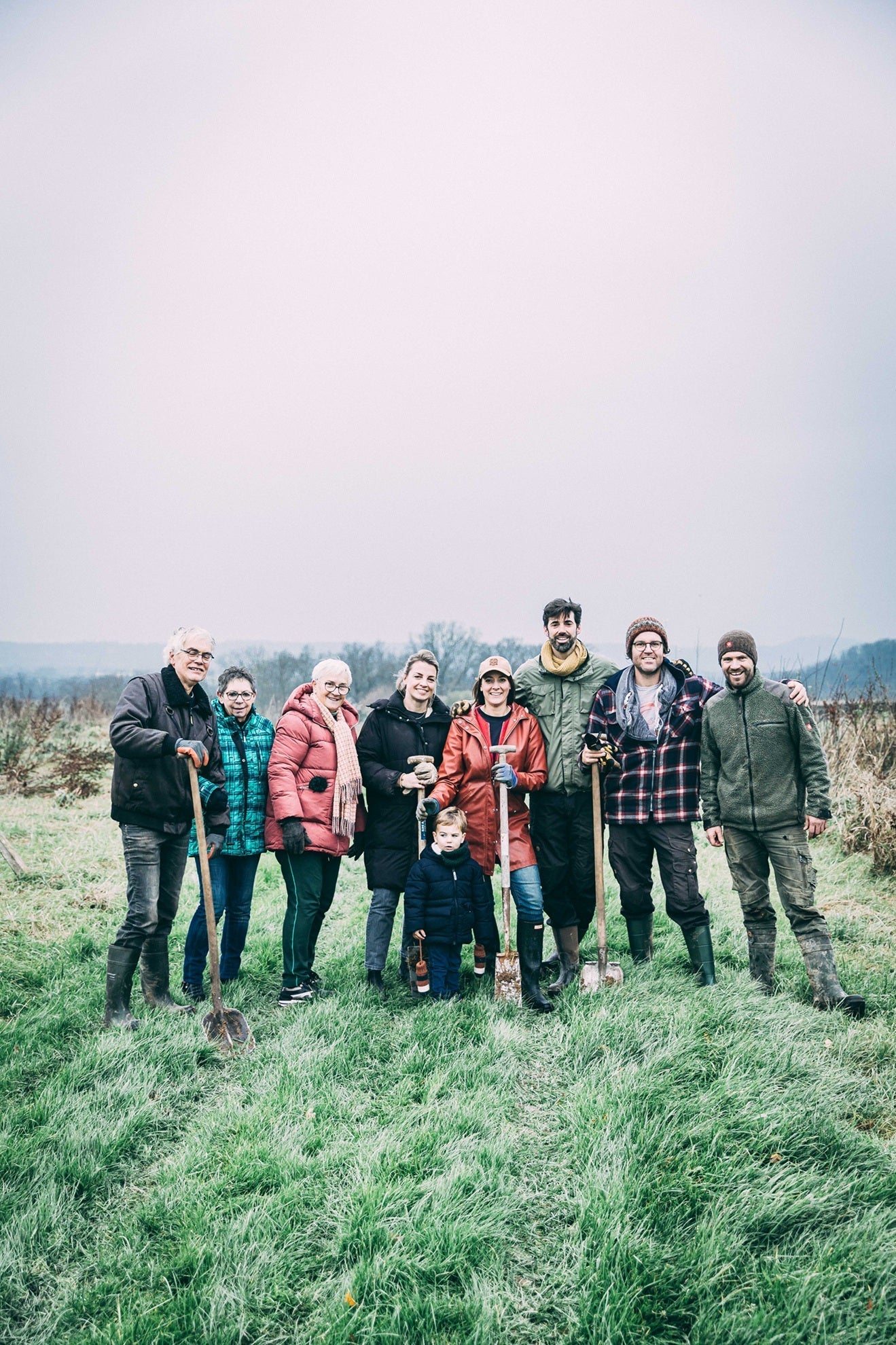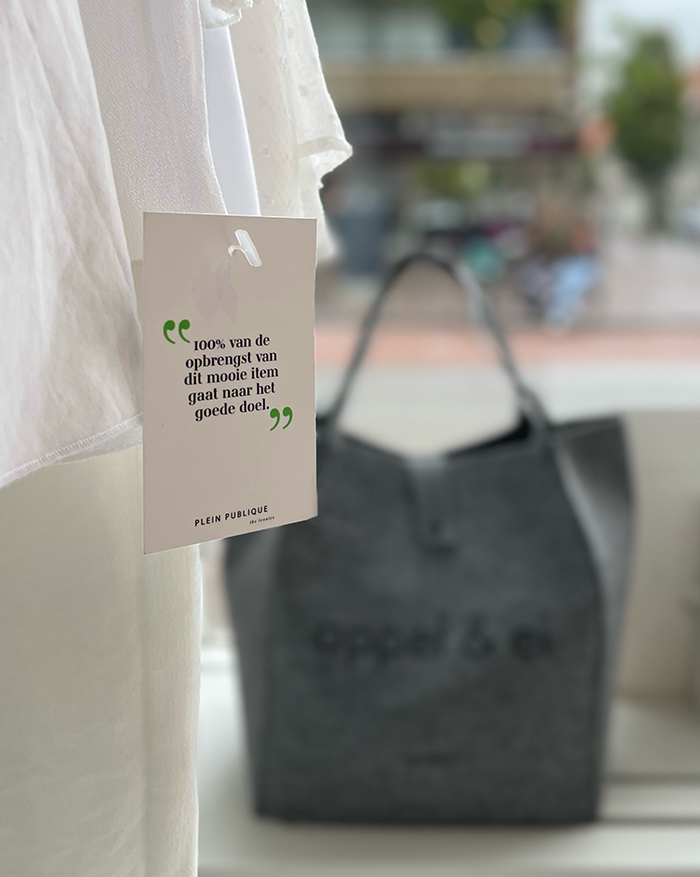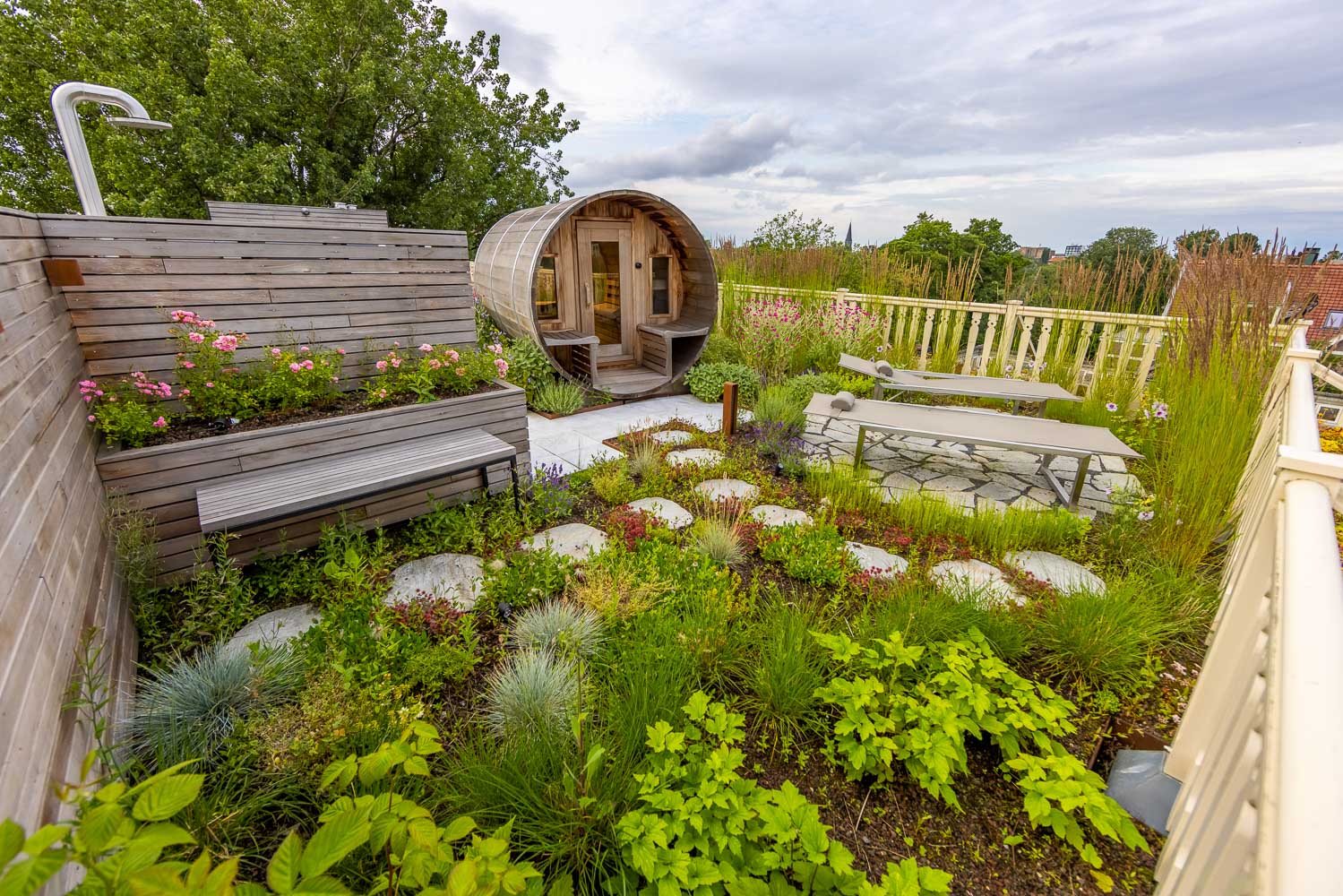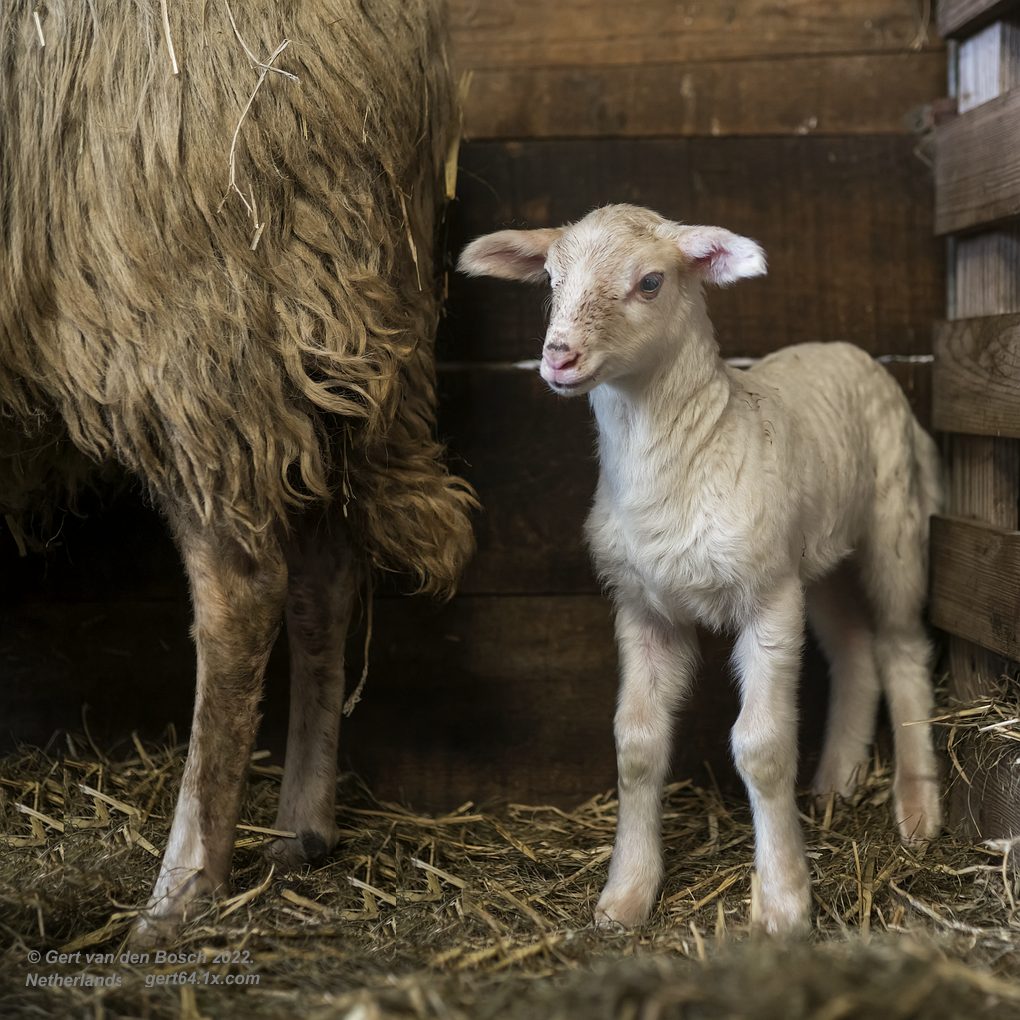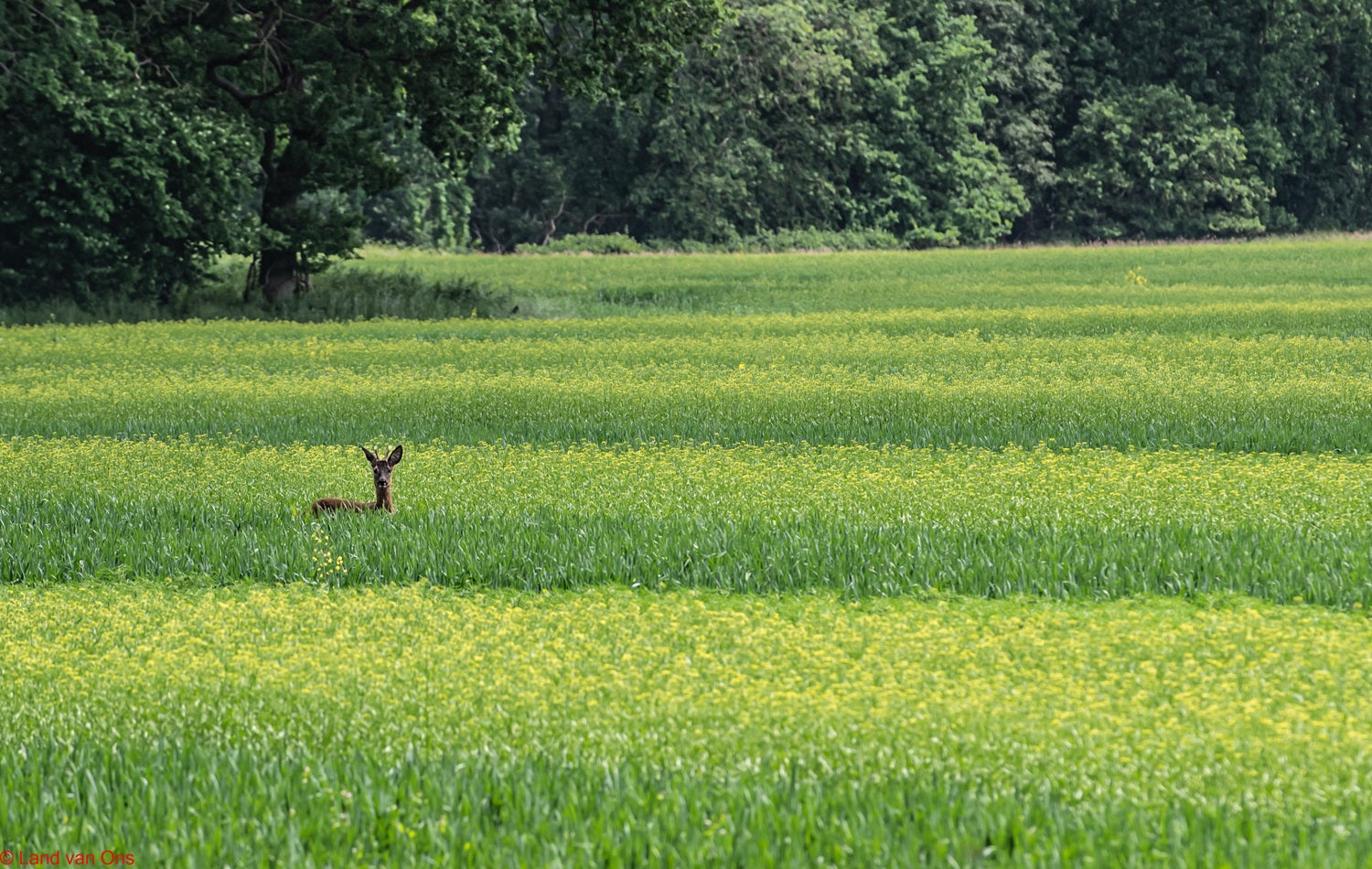Mag het een ONSJE meer zijn?
Oui à l’ Amour! We voelen de liefde voor moeder aarde, liefde voor alles wat zij laat groeien en bloeien. Er is zoveel om dankbaar voor te zijn, en dat uiten we niet alleen in woorden maar ook in daden. Daarom geven we 1% van onze omzet terug aan de natuur.
Beknibbelen is voor veel Nederlanders een tweede natuur. Maarreh... in de praktijk hebben we maar één natuur! Daar moeten we zuinig op zijn, vandaar dat we 1% van onze omzet investeren in initiatieven die zich actief bezighouden met natuurbehoud en biodiversiteit. Zoals de burgercoöperatie die van ONS (jullie & wij) in de vorm van een donatie* een 'ONSJE MEER' mocht ontvangen.
LAND VAN ONS
The name says it all. Het landschap om ons heen is van ons allemaal. Misschien niet letterlijk ons bezit - zou een mooie boel worden als iedereen zijn eigen gang kan gaan - maar in figuurlijke zin is het ons omringende landschap gemeenschappelijk goed. Nou ja, 'goed'... het gaat helaas helemaal niet goed met de natuur om ons heen, vooral de biodiversiteit laat te wensen over. Land van Ons is van mening dat dat deels te wijten is aan de huidige ecologische structuur van landbouwgrond. Dat móet anders - en dat kán anders.

Let's give the floor to...
Land van Ons
'Weides lijken mooi groen maar zijn doods. Tijd om het tij te keren!'
Een slordige 2/3 van ons totale grondgebied is landbouwgrond, daar is het verlies van biodiversiteit ten opzichte van 60 jaar geleden het grootst. De voornaamste oorzaken zijn schaalvergroting, het gebruik van grote machines en landbouwgif. Terwijl de kleinschalige landbouw, met een mix van akkerbouw en veeteelt, juist zorgde voor een grote rijkdom aan divers leven. Tijd om het tij te keren.


MISSIE: (VIERKANTE) METERS MAKEN
Hoe?
Door land aan te kopen!
Als coöperatie koopt Land van Ons landbouwgrond namens de deelnemers, vierkante meter per vierkante meter. Iedere deelnemer heeft evenveel invloed in de coöperatie, of je nu voor €10.000,- of voor €30,- inlegt. Op het aangekochte land worden de biodiversiteit en het landschap herstelt.

Waarom?
De Nederlandse politiek draait om de korte termijn. Al tientallen jaren worden beleidsrapporten gemaakt om de landbouw natuurvriendelijker te maken, maar het komt nauwelijks van de grond. Waarom langs de zijlijn staan wachten, als we met elkaar het potentieel hebben een verandering in gang te zetten?
Verandering begint met verantwoordelijkheidsbesef. Als iets je eigendom is, krijg je een andere verantwoordelijkheid. Je bent meer betrokken. Je gaat beter begrijpen wat er aan de hand is. Land van Ons gelooft dat dit tot gedragsverandering bij burgers zal leiden. Dat dit idee aanslaat, blijkt wel uit de groei van het aantal deelnemers. Land van Ons is half november 2019 van start gegaan. Eind december 2019 waren er 700 deelnemers en inmiddels staat de teller op meer dan 25.000.



De grote lijnen?
Land van Ons wil de basis worden voor een nieuwe 'ecologische hoofdstructuur' voor landbouwgrond. Een grote buffer verantwoord gebruikte grond die het fundament vormt onder een duurzame biodiversiteit. Het produceren van voedsel en het stimuleren van leven op het platteland zit elkaar daarbij echt niet in de weg. Het platteland hoort meer te zijn dan een plek voor windmolens, distributiecentra en zonneweides. Land van Ons wil een zo natuurlijk mogelijk, kleinschalig landschap in plaats van productieweides en -akkers.
Samen met de boer worden er duurzame keuzes gemaakt over gewassen, de manier van beplanten, inrichten en beheren van de akkers. Op deze manier ontstaan weer meer plekken waar een rijk bodemleven is en beschutting voor allerlei soorten planten, dieren en insecten. Door de akkers te voorzien van bomen, hagen en struwelen wordt ons landschap diverser en kun je je weer verwonderen over wat je ziet. De natuurgebieden gaan hier vanzelf meeprofiteren.
Lang verhaal kort: Land van Ons zet zich met woord en daad in voor een betere biodiversiteit, en jij helpt met je aankoop bij PLEIN PUBLIQUE indirect mee.
future proof classics
future proof planet

* Donatie gerealiseerd via Stichting Voorgrond. Deze stichting staat bij de belastingdienst aangemeld als ANBI (Algemeen Nut Beogende Instelling) waardoor wij de donatie van onze belasting af mogen trekken, en Land van Ons geen belasting over de schenking betaalt. Handjes thuis, overheid. Graaien doen jullie maar in de aarde van je volkstuintjes. Ook goed voor de biodiversiteit. :)
** Heb je dit stukje aandachtig gelezen, dan maak je straks je Scrabble-tegenstanders he-le-maal gek met het woord 'struwelen'. Woordwaarde 137. Graag gedaan.
Meer info:
Website Land van Ons
